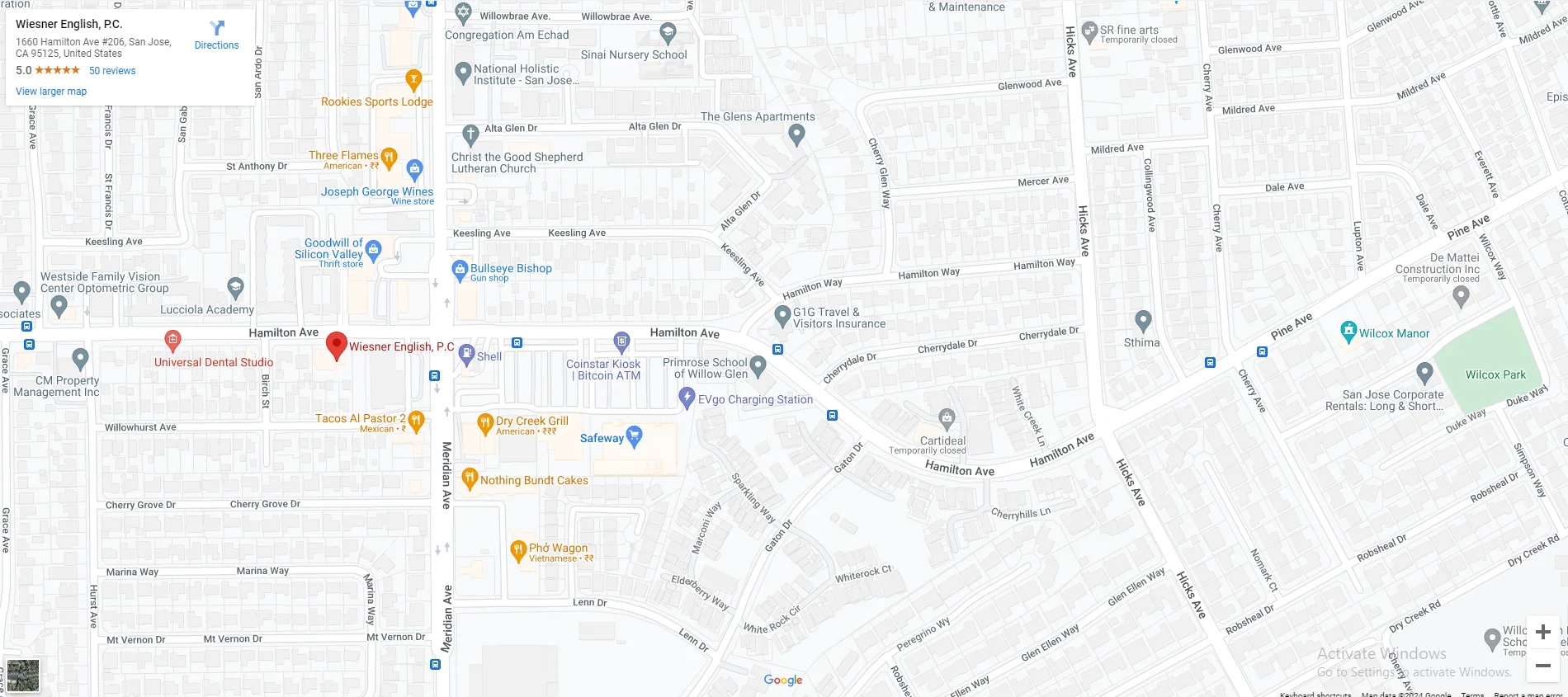The Role of Subpoenas in California Workers’ Compensation

What is a subpoena?
A subpoena is a court order. Sometimes it is an order to be somewhere to testify. If we have a trial and there is a non-party witness (someone besides the injured worker or dependent or, on the other side, the employer/insurance carrier) we need to secure, we need to subpoena them so they are ordered by a court to appear for trial.
For a witness who is a party to a case, a subpoena is not necessary. California Code of Civil Procedure section 1987(b) provides that for a party of record, a subpoena is not needed if at least 10 days before appearing, the party’s attorney is served with notice requesting the witness’s presence in court with the time and place specified.
What is a subpoena used for in a workers’ compensation case?
When an attorney talks about a subpoena, it is often in the context of a subpoena for records. A subpoena for records or subpoena duces tecum is a court order to provide records by a given date. We commonly use them to get copies of medical reports, claims files, personnel files, and police reports.
An injured worker usually never sees a subpoena. On rare occasion, it happens. If it happens, normally it is because they received a copy of a subpoena directed toward someone else. But it can be a source of concern; it looks like you’re being ordered to drive half way across the state for no clear reason under threat of penalties and contempt charges. And sometimes an injured worker owns a side business and the business is served a subpoena for records.
What happens if I don’t comply with a subpoena?
Failure to comply with either a subpoena to appear and testify or a subpoena for records can lead to sanctions and contempt proceedings. California Code of Civil Procedure section 128 empowers “every court” to compel obedience to it’s orders. Section 1218 specifies fines and imprisonment may be punishments for contempt. Penal Code section 166 makes it a misdemeanor to violate a court order. And Labor Code section 134 makes it clear that the Workers’ Compensation Appeals Board is likewise granted “all necessary process in proceedings for contempt” to the same extent as a Superior Court.
How to tell who is being subpoenaed?
The first page of the subpoena should have the case caption (the block identifying the parties to the case). If you are the injured worker, your name will be on the front page. A few lines down though you should see “The People of the State of California Sends Greetings to . . . ” the actual subject of the subpoena.
What to do if you receive a subpoena directed toward yourself or your business?
If you’re being ordered by a court to do something, there’s a good chance you’ll end up doing it. But, as with all individual, case specific legal questions: Consult with an attorney.
Request A
Free Consultation
Fields marked with an * are required





